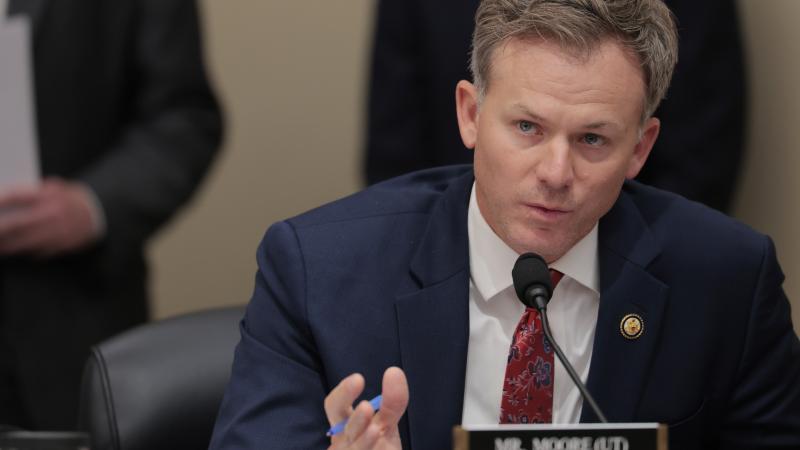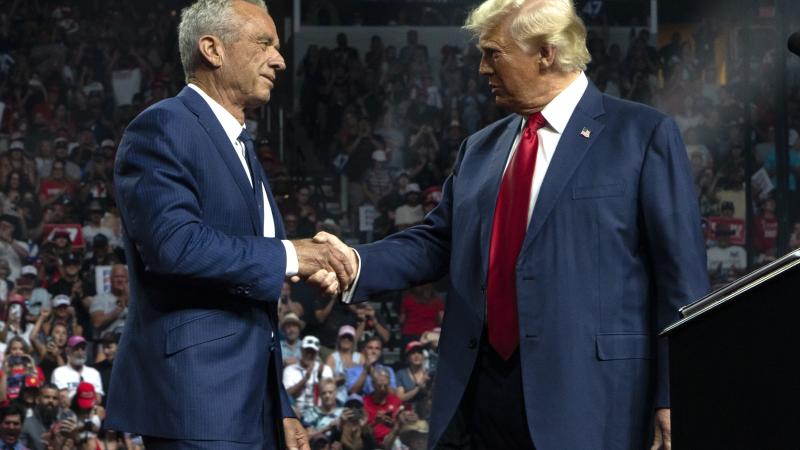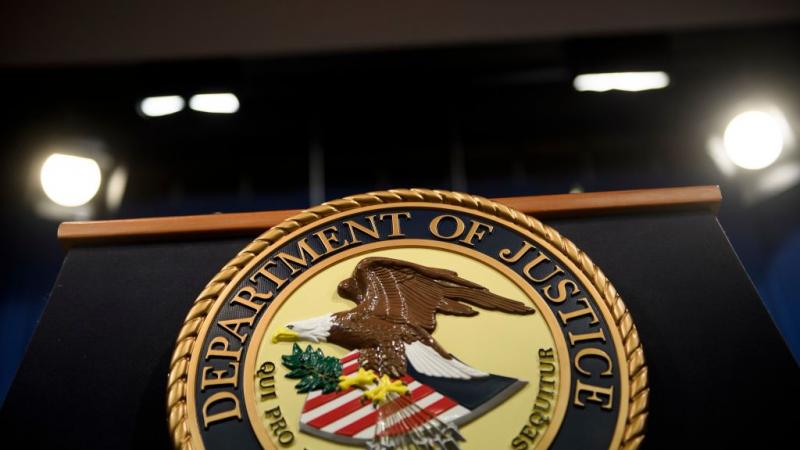Congressman: $600 federal unemployment benefit a 'bad policy decision,' shouldn't be extended
Extending the federal weekly jobless benefit on top of state benefits would 'be a way to slow down the recovery rather than to accelerate it,' Rep. Davidson says
Republican Rep. Warren Davidson told Just the News that the $600 federal weekly unemployment benefit implemented during the coronavirus was a "bad policy decision" and should not be extended.
"I think a $600 fixed amount was a bad policy decision in the first place. You know, frankly, there was a consensus to say, 'Hey, we were willing to support people up to 100% of what they were making' because we knew a lot of people were going to be dislocated," Davidson said during an interview at the Falkirk Center's Freedom Summit in Washington.
"But along the way that turned into $600 as a fixed amount. It's easier to administer, I'll grant you that but it's really problematic for, you know, say somebody is making $30 an hour. It still doesn't really, truly make them whole so Congress may have been more generous in that situation but when you have somebody who's making $11 or $12 an hour, they make more by not working," he added.
Davidson, a member of the House Financial Services Committee, mentioned the hospitality industry as a part of the economy that is being hurt by the $600 benefit, which is added on top of state jobless payments.
"As the hospitality industry, which has particularly been hit hard, is trying to come back, a lot of those wage earners are making more by not working. So it's really creating a moral hazard for a lot of people and employers are having a hard time responding," he said during the interview on Monday evening. "So I think it'd be bad policy. It'd be a way to slow down the recovery rather than to accelerate it."
The House-passed HEROES Act extends the $600 benefit through January while the Senate GOP stimulus plan reduces the amount.
The Ohio Republican said he's heard from businesses in his district that are struggling to hire staff due to the "supercharged" unemployment benefit, as it has been referred to by some legislators.
"No one really wants anyone to lose their benefits. They want people to come back to work and be productive. And there are people that were angry that their employer took the Payroll Protection Program [PPP] loans in some cases rather than lay them off because they felt like they could actually, they could make more money by not working. So it really is a moral hazard," he said. "It's slowing down our recovery and a lot of ways, and there's a smarter way to do that policy."
















